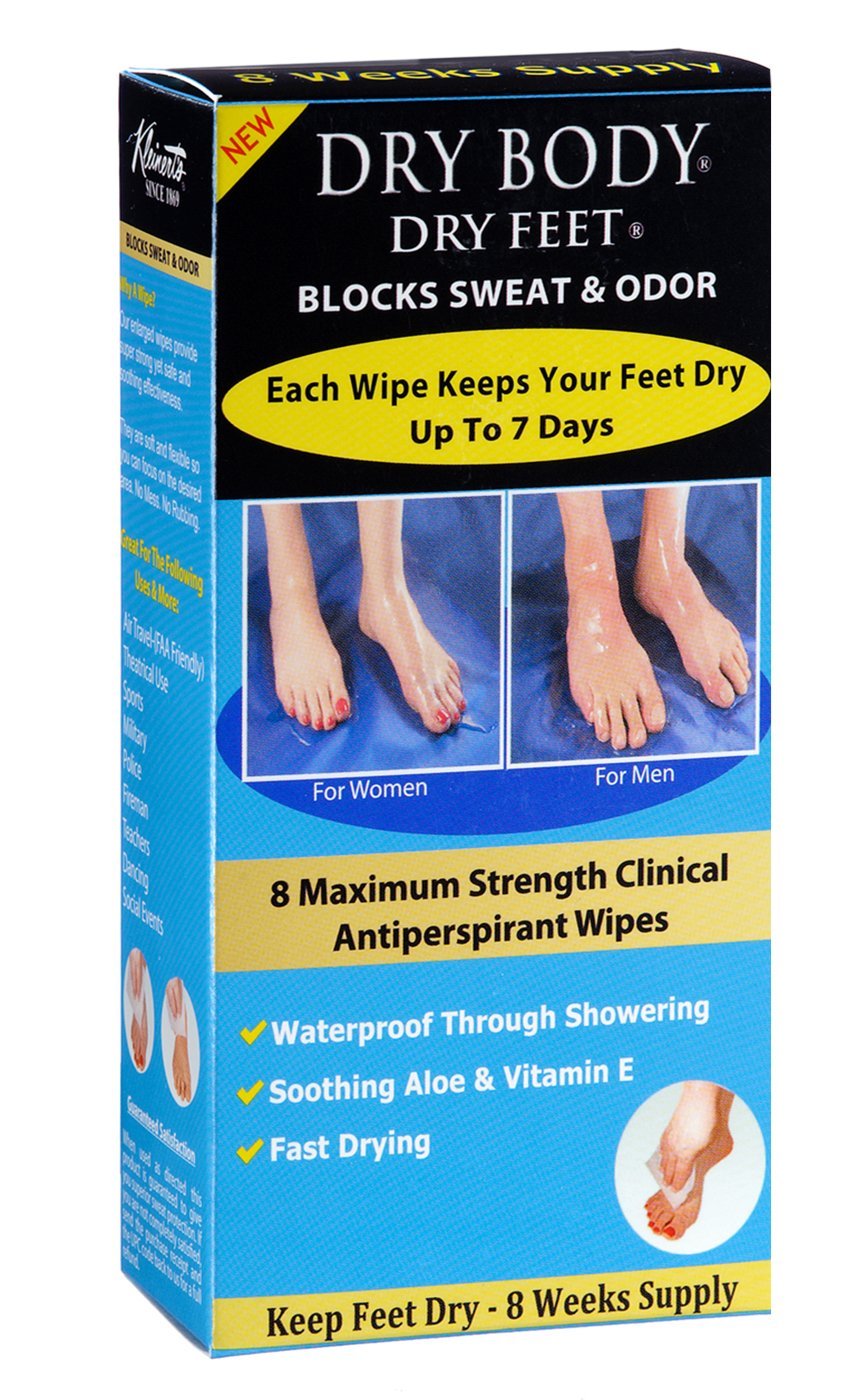Specialist Dermatology Solutions for Treatment of Hyperhydrosis of Hands: Comprehensive Guide
Specialist Dermatology Solutions for Treatment of Hyperhydrosis of Hands: Comprehensive Guide
Blog Article
Comprehending the Root Causes of Excessive Sweating and Its Effect On Life
Extreme sweating, additionally referred to as hyperhidrosis, is a condition that influences a considerable portion of the populace, yet its hidden reasons and ramifications on daily functioning continue to be somewhat enigmatic. While it is commonly comprehended as a physical feedback to manage body temperature, the triggers for excessive sweating can differ widely amongst people, encompassing not just physical aspects yet additionally psychological and psychological elements. The effect of this problem prolongs beyond plain pain, often influencing social interactions and total top quality of life. By diving right into the source of hyperhidrosis and discovering its complex impacts, a much deeper understanding of this pervasive concern can be gotten, shedding light on the intricacies that people facing too much sweating navigate daily.
Physiology of Sweat Glands
The guideline of sweat manufacturing, an important physical process, is mostly managed by the task of sweat glands dispersed throughout the body. Sweat glands are classified right into 2 main kinds: eccrine and apocrine glands. Eccrine glands are the most various and are discovered in nearly all locations of the body. They play an important function in thermoregulation by producing a watery fluid onto the skin's surface area, which assists and vaporizes cool down the body down. On the other hand, apocrine glands are concentrated in locations rich in hair roots, such as the underarms and groin, and their secretions are thicker and milklike in appearance.
When the body temperature rises, either as a result of exercise, heats, or emotional anxiety, the nerves sets off the sweat glands to produce sweat. This sweat is made up mostly of water and electrolytes like salt and chloride. The process of sweat manufacturing is essential for keeping the body's internal temperature within a narrow, optimal variety, highlighting the critical duty gland play in human physiology.
Triggers for Excessive Sweating
In comprehending the source of extreme sweating, it is crucial to recognize the triggers that can cause this physiological action. Extreme sweating, additionally recognized as hyperhidrosis, can be triggered by numerous aspects, both physiological and ecological. One typical trigger is psychological stress or anxiety, which can stimulate the body's sweat glands to create even more sweat than is required for cooling down. Physical exertion, high temperature levels, and spicy foods are likewise understood to cause extreme sweating in individuals prone to this condition. Particular medical conditions like menopause, diabetic issues, or hyperthyroidism can add to too much sweating as well.
In addition, medicines such as some antidepressants, opioids, and specific supplements can also function as triggers for hyperhidrosis. Understanding these triggers is important in managing too much sweating effectively - How to stop sweaty hands. By identifying and resolving the certain triggers that prompt excessive sweating in a private, medical care companies can develop customized therapy plans to minimize this condition and enhance the person's lifestyle
Medical Issue Associated
Related to too much sweating are numerous clinical problems that can aggravate this physiological action. One common problem is hyperhidrosis, a disorder defined by unusually enhanced sweating that exceeds the body's thermoregulatory demands. This can manifest in focal areas like the hands, soles, underarms, or face, influencing a person's quality of life because of social shame and discomfort.
Furthermore, endocrine conditions such as hyperthyroidism, diabetic issues, and menopausal warm flashes can additionally lead to extreme sweating. Hyperthyroidism triggers an overflow of thyroid hormones, speeding up metabolic process and triggering sweating. Diabetes can generate sweating episodes, particularly during hypoglycemic episodes when blood glucose levels go down also low. Menopausal Full Report hot flashes, attributed to hormonal variations throughout menopause, can create unexpected and extreme sweating, frequently come with by flushing and heart palpitations.
Additionally, infections like tuberculosis, endocarditis, and hiv have actually been connected with evening sweats, an usual symptom known to interfere with sleep and influence total wellness. These medical problems highlight the varied series of underlying factors that can add to too much sweating, necessitating complete examination and management by healthcare professionals.
Psychological and psychological Aspects

Influence On Social Communications
Too much sweating can have profound effects on an individual's ability to engage easily in social communications. The visible indicators of sweat discolorations or wet spots on clothes can lead to embarrassment and self-consciousness, triggering people to take out from social circumstances. This withdrawal can impact relationships, limit social activities, and hinder expert and individual growth.

Additionally, the stress and anxiety and self-worth problems coming from extreme sweating can influence communication and social abilities. Individuals may struggle to concentrate on conversations, take part in group activities, or share themselves confidently. This can bring about sensations of isolation and isolation, as social links come to be testing to preserve.
Conclusion

While it is commonly understood as a click to read more physical reaction to regulate body temperature level, the triggers for excessive sweating can vary commonly amongst people, incorporating not just physical aspects but also psychological and mental components. By diving into the root creates of hyperhidrosis and discovering its multifaceted results, a much deeper understanding of this prevalent issue can be gained, losing light on the complexities that people grappling with excessive sweating navigate on an everyday basis.
Physical effort, high temperature levels, and spicy foods are also understood to trigger excessive sweating in people vulnerable to this problem. By recognizing and resolving the certain triggers that motivate extreme sweating in a specific, health care carriers can create tailored therapy plans to alleviate this condition and enhance the individual's high quality of life.
Excessive sweating can have profound impacts on an individual's capacity to engage conveniently in social interactions.
Report this page